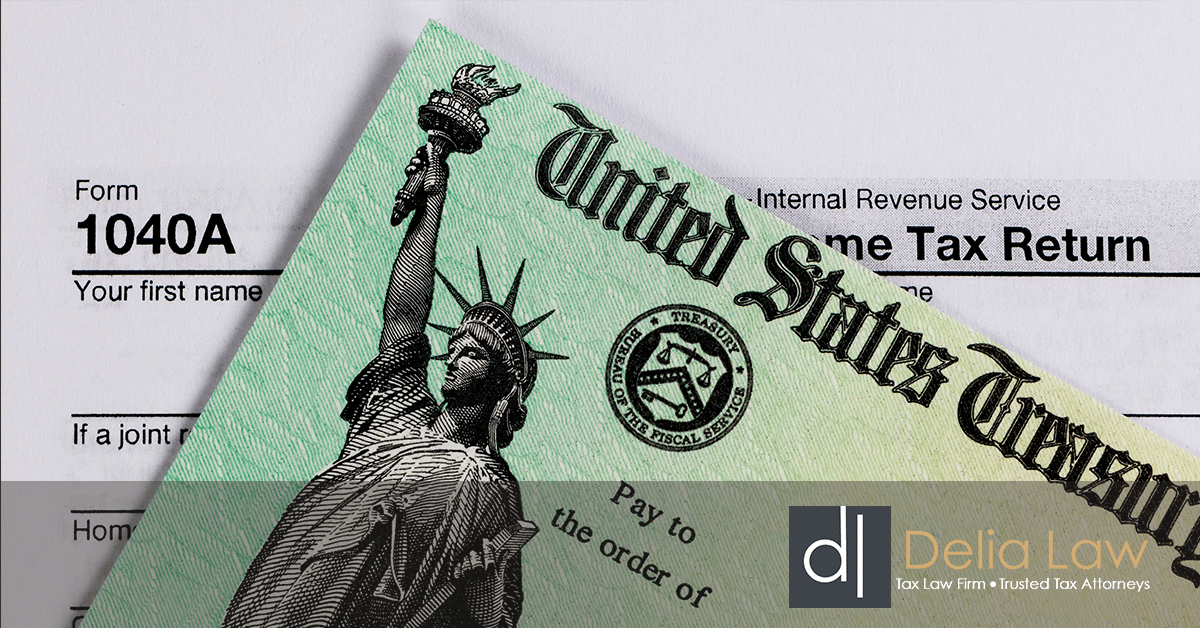Wage Garnishment Help in San Diego
& Finding an IRS Wage Garnishment Lawyer
If you’ve left your tax filings incomplete and owe back taxes to either the IRS or the Comptroller of Maryland, it’s imperative not to procrastinate in addressing the matter. Delaying could lead to significant penalties with far-reaching consequences. Both the IRS and the Comptroller of Maryland have a range of methods at their disposal to pursue outstanding tax debts, some of which could profoundly affect your financial stability.
When facing a Notice and Demand for Payment from either the IRS or the Comptroller of Maryland, having an experienced tax attorney on your side can be invaluable. They act as a crucial barrier against aggressive debt-collection tactics. Depending on the amount owed and your history of filings and communication with these entities, you may be subject to substantial collection measures, such as wage garnishment
What Is Wage Garnishment?
Wage garnishment is a method employed by the IRS to collect unpaid debts from taxpayers who have been notified of their outstanding balance but have been unable to settle it entirely. When wage garnishment is initiated, a portion of the taxpayer’s paycheck is withheld by the agency to repay the tax debt. This process involves the IRS coordinating with the taxpayer’s employer, who deducts the approved garnishment amount from the employee’s paycheck until the debt is fully repaid.
While other creditors typically require court approval to pursue wage garnishment against a debtor, the IRS operates differently. It does not need court permission to initiate wage garnishment. Once the IRS has taken action to garnish a taxpayer’s wages, it becomes challenging for the taxpayer to lift the garnishment until the debt is satisfied in full.
Is It a Big Deal?
Numerous creditors have the authority to pursue wage garnishment against debtors for outstanding debts, but the court process required for most of them is lengthy. Typically, individuals in debt have some leeway to address the outstanding debt or secure an alternate resolution. However, since the IRS does not need to meet this requirement, a taxpayer facing wage garnishment must act very quickly to challenge the garnishment determination or obtain release from the wage garnishment action.
Another significant difference between government collection agencies and private creditors lies in how they calculate garnishments. Private creditors are bound by state and federal laws, which limit the amount they can deduct from a debtor’s pay. However, the IRS does not follow this formula; instead, they calculate how much a taxpayer may keep from each check based on factors such as claimed W4 exemptions and paycheck frequency.
Wage garnishment by the IRS poses a major problem for many San Diego taxpayers because they are often unprepared for the extent of deductions from each paycheck. It’s not uncommon for taxpayers facing wage garnishment for federal tax debts to be left with insufficient funds to cover basic living expenses. This situation can escalate into a compounded financial crisis for the taxpayer, potentially leading to further collection efforts from private creditors they are unable to pay.
Potential Remedies for Wage Garnishment
The IRS is known for its aggressive pursuit of wage garnishment, and the process can quickly impact your life if you find yourself in this situation. When faced with wage garnishment for unpaid IRS taxes, seeking guidance from an experienced federal tax attorney is crucial. They can help you explore your options and determine the most effective remedies available.
You have the right to appeal a wage garnishment action against you, and there are alternative remedies that may help satisfy your tax debts without resorting to wage garnishment. However, navigating these options without legal representation can be challenging due to the complexity of tax regulations and tight deadlines. An experienced tax attorney can assist you in pursuing an appeal or exploring alternatives to wage garnishment efficiently and effectively.
If you’re unable to pay your tax debt in full to prevent wage garnishment, your tax attorney may help you demonstrate legitimate financial hardship, potentially qualifying you for “Currently Not Collectible” status. They can also negotiate an Installment Agreement on your behalf, allowing you to repay your tax debt gradually rather than in a lump sum you cannot afford.
Another option is an Offer in Compromise, which could result in settling your tax debt for less than the amount owed. However, this process is complex, and it’s essential to have an IRS attorney assist you in preparing your Offer in Compromise to avoid potential legal consequences for perjury if crucial information is omitted.
When Should I Hire a Tax Attorney?
Don’t delay addressing IRS wage garnishment due to unpaid taxes. The IRS aggressively pursues unpaid tax debts, and the longer you wait, the more severe the impact of wage garnishment becomes. Many individuals whose wages are garnished for unpaid taxes feel the effects for years.
Contact Delia Law today to arrange a consultation with an experienced IRS federal tax attorney who can assist you in resolving your wage garnishment issues with the IRS. With our team’s vast experience in providing wage garnishment assistance in San Diego, California, we can thoroughly evaluate your options and provide comprehensive guidance.





